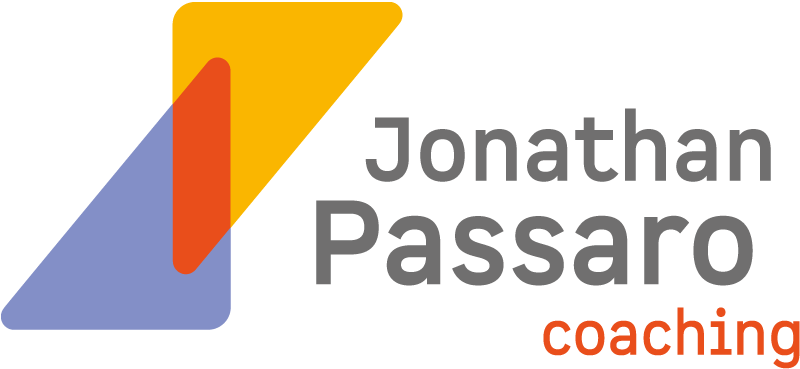Taking a Decision
La version française de cet article est disponible ici.
Taking a decision — especially when it’s an important one — can sometimes seem so difficult that we would rather do nothing at all. Sometimes, we delay a decision repeatedly, consciously or subconsciously waiting until the decision is overtaken by events and there is no more decision to take at all.
Why do even driven, high-performing individuals with limitless potential sometimes avoid taking crucial decisions? It can happen for a number of reasons, but often one psychological phenomenon is the driving force behind this type of behaviour: the fear of regret.
Daniel Kahneman dedicates a major part of his book Thinking, Fast and Slow to the fear of regret. In short, we anticipate that the regret associated with a particular action will be stronger than the regret associated with inaction — and so we decide not to decide.
It’s the reason why countless people refused AstraZeneca’s Covid vaccine when in rare cases people developed blood clots post-vaccine — even though blood clots were also associated with Covid itself, and in much higher numbers. In other words, although the statistical risk associated with contracting Covid outweighed the risk of getting vaccinated, emotionally it was easier for large numbers of people to take the greater risk of contracting Covid that one didn’t expressly choose rather than accepting the minimal risk of a serious health problem following a voluntary vaccination. So many people reached the same rationally-dubious decision that the AstraZeneca vaccine now appears to have all but disappeared from view.
Of course, this is an extreme example: unless you are a doctor, even the most important of work-related decisions will rarely risk having such grave consequences. That means that taking decisions starts with accepting that we will occasionally be wrong – and that the world won’t stop spinning because of it.
Think of it this way: when we take the wheel of a car, it is entirely possible that our choices will lead us to encounter unexpected obstacles: we might choose the “wrong” route and end up in a traffic jam; we might get lost and have to retrace our way. However, these occasional “bad” decisions won’t be enough to stop us from eventually arriving at the desired destination. On the other hand, if you hand over the keys to someone else and leave all of the decisions up to them, it is entirely possible they will decide to take you somewhere far away from where you might have otherwise wished to go.
That is why it is important to question the fear of regret, and to have the courage to decide, even if it means making the “wrong” choice from time to time. Although it can be tempting to simply let things unfold around you, passing up opportunities to take key decisions will put you on a path that is sure to lead you far from your goals.
Is it time to take more decisions in your professional life? Get in touch with Jon here to explore what role coaching could play. If you would like more information about his background first, take a look here.
